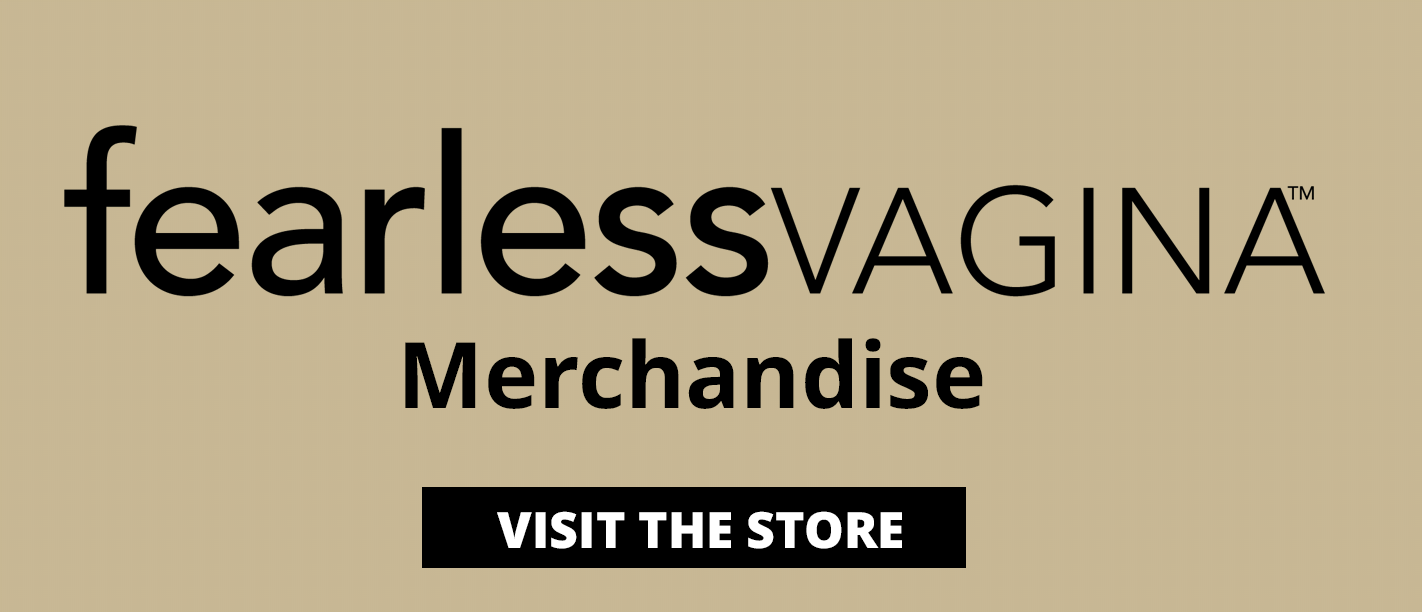Is There a Menopause Education Gap??
Is There a Menopause Education Gap??
By now, we all (hopefully!!) know about the gender wage gap. “Equal Pay for Equal Work!” An infamous rallying cry became a movement’s slogan and entered our lives as a common phrase. But the wage gap was introduced in the 1860s… *cough* sorry, just typing that feels dusty… and it’s still not filled!!!!!!!!!!! It’s about time we discussed the gap in education on women’s health. How many hours of schooling and education are dedicated to creating equity in women’s lives? You may think in med school, all subjects are created equal, but most residency programs barely touch on menopause.
A 2019 Mayo Clinic survey of medical residents found that 58 percent had received one lecture on menopause (OMG!!!) in their training, and 20 percent had received no training on it whatsoever.
A new survey by Menopause, the journal of The Menopause Society, reveals the bar is low. In the average residency programs across the US, there is no standardized menopause curriculum and limited access to menopause educational resources for residents. A study out of Johns Hopkins University School of Medicine showed a similar lack of lectures and labs focused on menopause and related health issues in 2013. Not much has changed ten years later despite a record high of menopausal and postmenopausal women. The current survey showed when previously assessed, “only 20.8% of residents stated that their program had a formal menopause curriculum. Based on the results of this newest survey, it appears that the situation has not improved much, with only 31.3% of the obstetrics and gynecology residency program directors who responded reporting they had any menopause curriculum as part of their residents’ training.” Forgive me and my girl math– as the Gen Z’ers say these days– but that’s hardly a 10% percent increase in almost a decade! A 1% percent increase per year on average is not enough. Something’s got to give!
It’s obvious a higher number of people experiencing the same conditions would mean higher demand for care. Still, the US curriculum and training don’t reflect this demand. Menopause’s survey reveals “many obstetrics and gynecology trainees graduate from their residency programs with gaps in their education regarding managing menopause symptoms diseases and related conditions.” Imagine if we made this gap as pressing and important as the wage gap or hell, even the thigh gap!!
This is why I am always encouraging those with perimenopausal and menopausal symptoms to seek out a menopause specialist, not just any OB/GYN. Until our medical programs are up to standard, you can rely on my handy resource guide: Find A Menopause Specialist here!
Women spend roughly one-third of their lives in menopause. Why wouldn’t we need doctors studying various areas of menopause medicine?! Especially when those areas include affected bone health, cardiovascular disease, and Alzheimer’s!? It couldn’t be clearer that these are crucial topics that deserve more standardized education to better equip our doctors and overall medical systems to help us! Maybe then we’ll be faced with less obscure answers when going in with questions regarding our periods– and lack thereof!
We need this education gap addressed and mended to ensure access to competent menopause care! Let this be your official call to go forth and spread the word about the education gap with your menopausal sisters and loved ones. Though we’re still workshopping the slogan…!
My motto: Suffering in silence is OUT! Reaching out is IN!
If you want to educate your employees, colleagues, or friends about menopause, look no further! Book Ellen for your next event.
Sign up for Menopause Mondays® HOT News Flashes
Be sure to follow me on Instagram @menopause_mondays.
Follow me on TikTok @menopausemondays
Sign up for my fun YouTube Videos!
Download my free eBook: MENOPAUSE MONDAYS the Girlfriend’s Guide to Surviving and Thriving During Perimenopause and Menopause.
*EllenDolgen.com does not recommend, endorse, or make any representation about any tests, studies, practices, procedures, treatments, services, opinions, healthcare providers, physicians, or medical institutions that may be mentioned or referenced.














